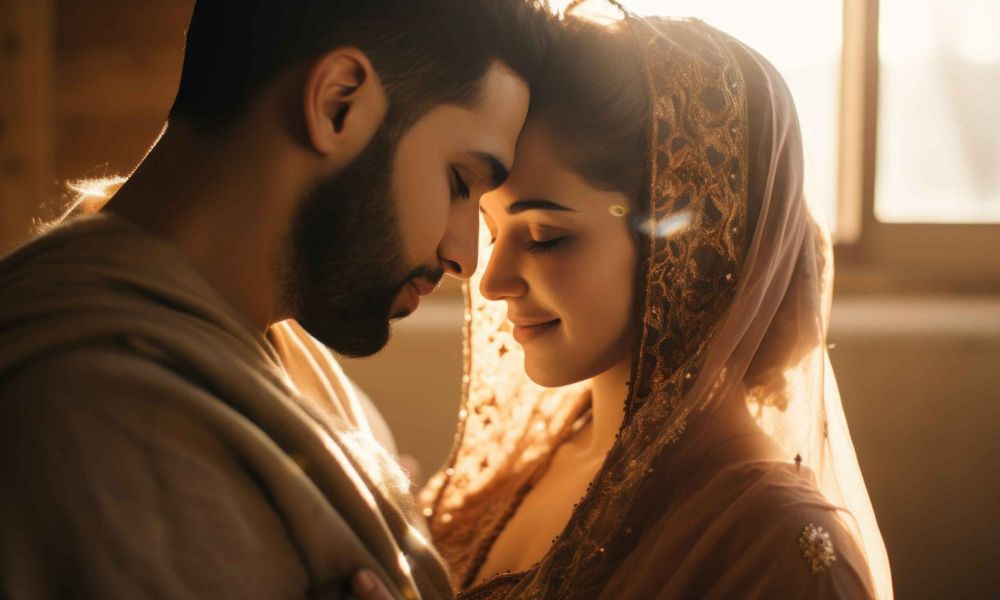
Does a Father Need to Be Present for an Islamic Nikah
Table of Contents ▼
Islamic Nikah is not just a legal agreement — it is a sacred contract built on faith, love, and responsibility. But one common question remains, especially among Muslims in modern societies:
Is a father (wali) required for a valid Islamic marriage?
The answer is not simple. The requirement of a wali in an Islamic Nikah depends on the school of thought, local laws, and specific personal situations. Let’s break it down clearly.
Table of Contents
Who Is the Wali in an Islamic Marriage?
In an Islamic Nikah, the wali is typically a woman’s male guardian — usually her father, grandfather, or another close male relative. His role is to protect and support her during the process of marriage.
While some scholars view the wali as essential to an Islamic Nikah, others allow more flexibility depending on the circumstances.
What Do the Islamic Schools Say?
Islamic rulings are based on the Qur’an, Hadith, and scholarly interpretation. Here’s how each school views the wali’s role in an Islamic Nikah:
1. Hanafi School
- A mature woman can perform an Islamic Nikah without a wali if the groom is suitable.
- Emphasizes personal choice.
- Common in South Asia and among Muslims in the West.
2. Maliki School
- A wali is mandatory for every Islamic Nikah, even for adult women.
- Stresses family and societal responsibility.
- Practiced in North and West Africa and parts of the Gulf.
3. Shafi’i School
- An Islamic Nikah is invalid without a wali, regardless of the woman’s age or consent.
- Based on strict Hadith interpretations.
- Practiced in Malaysia, Indonesia, and East Africa.
4. Hanbali School
- Requires a wali for every Islamic Nikah, aligning with Maliki and Shafi’i views.
- Followed in Saudi Arabia and the Gulf states.
5. Ja’fari (Shia) School
- A virgin woman needs her father’s or grandfather’s approval for an Islamic Nikah.
- Divorced or widowed women can marry independently.
- Common in Iran, Iraq, and Shia communities.
Legal Requirements: What About the UAE?
Islamic rulings often meet civil laws in Muslim countries like the UAE. Here is how different emirates handle the wali’s role:
1. Dubai
- Muslim women need their wali present at marriage.
- If the father is absent, the court may appoint a male guardian.
- Even widows/divorcees may need court approval.
2. Sharjah
- Strictly follows traditional Islamic law.
- All women must have a wali, regardless of age or marital history.
3. Abu Dhabi
- Follows two systems:
- Muslims: Wali is required under Sharia.
- Non-Muslims: Can marry through civil laws without a wali.
- Muslims: Wali is required under Sharia.
Summary Table: Is a Wali Mandatory?
| Context | Wali Required? |
| Hanafi School | No, if a woman is an adult and a man is suitable |
| Maliki, Shafi’i, Hanbali | Yes, always |
| Ja’fari (Shia) | Yes for virgins, No for divorcees/widows |
| Dubai & Sharjah | Yes, by UAE law |
| Abu Dhabi (Muslim) | Yes |
| Abu Dhabi (Non-Muslim) | No |
| UK/USA (Nikah) | Yes, usually |
| UK/USA (Civil Marriage) | No |
Why Is This Issue So Important?
Today’s Muslim communities are global, diverse, and often live under mixed legal systems. Many young Muslim women wonder if they can marry without their father, and the answer depends on several factors.
The wali’s role is meant to protect, not restrict. But Islam also honors a woman’s ability to choose wisely, especially when she is mature and informed.

What Should You Do If You Are Unsure?
Here are a few helpful steps:
- Speak with a trusted imam or scholar from your madhhab (school of thought)
- Research the marriage laws in your country or region
- Consider your personal faith, maturity, and family dynamics
Final Thoughts: A Marriage Built on Faith and Understanding
Islamic marriage is not just about fulfilling rituals. It is about commitment, kindness, and mutual respect. Whether a wali is required or not, every Nikah should begin with clear intentions, genuine consent, and heartfelt purpose.



